[10/16/2003] - "Québécité Is Opera for the Modern Masses"
Yoon Choi and Dean Bowman
For an opera, Québécité has got a lot going for it: it’s sung in a language most of us speak; it’s about an issue that will touch many of us at some point in our lives; and its score is based in the vernacular music of our time. This may dismay purists who think that mounting, say, Benjamin Britten’s Peter Grimes is a daring act, but composer D. D. Jackson and librettist George Elliott Clarke have done the rest of us a great favour.
It’s not that they’ve departed all that far from operatic orthodoxy: after all, Wolfgang Amadeus Mozart used the dance rhythms of his time in his operas, as well as the weird world-beat sounds then emanating from Istanbul and beyond. So when Jackson and Clarke give an aria a funk backbeat or use the techniques of North Indian ghazal singing, they’re just returning the operatic form to its artistic roots while crafting an evening of musical theatre the average listener might actually want to hear.
“There are elements in Québécité that are more experimental, but on the whole I would say it tends to be fairly accessible,” says the Ottawa-born Jackson, on the line from Brooklyn, where he has lived for most of the past decade. “It’s fairly tune-oriented, fairly romantic, and fairly groove-oriented; in many cases, almost poppy.
“One of the things I did in preparation was to do a lot of research on the history of opera,” he adds, “and I found that the more atonal forms of contemporary opera just didn’t appeal to my sensibilities, which tend towards the melodic and the romantic. And also given that I was going to be working with pop singers, Indian singers, avant-garde and blues singers, I wanted those elements to be reflected in what I was doing.”
For Québécité, which makes its local debut at the Vancouver East Cultural Centre on Friday and Saturday (October 17 and 18), Jackson has assembled a remarkably gifted—and remarkably polyglot— array of singers. There’s Haydain Neale, the charismatic leader of the Toronto-based funk group Jacksoul; Kiran Ahiuwalia, whose self-composed ghazals and cross-cultural band have successfully transplanted an Indian tradition into North America; Dean Bowman, of Brooklyn avant-rock ensemble the Screaming Headless Torsos; and Korean-Canadian experimental jazz vocalist Yoon Sun Choi. The band is equally eclectic: fronted by Jackson’s piano, it includes local sensations Brad Turner and Peggy Lee on trumpet and cello, respectively; Toronto’s Jean Martin on drums; and New York bassist Mark Dresser. Together the cast is representative of 21st-century creativity at its best, and properly reflective of Québécité’s theme: the difficulty of maintaining an interracial relationship in a world that has not yet given up its old tribal fears.
Jackson, who is of Chinese and African-American descent, and Clarke, whose forebears were slaves brought to Nova Scotia with the United Empire Loyalists, have reason to feel strongly about the topic.
“There were certain scenes that were lifted directly from my own parents’ experiences,” the pianist explains. “Act 2, Scene 7, is pretty much an exact duplication of my mother’s experience with her family. Basically, when she decided that she was definitely going to marry my father, her entire Immediate family—her brothers and sisters, her parents—grilled her all night long and tried to get her not to do it. Her own mother took out a knife and said if she married a black person it would be the end of everything and that she’d have to kill herself, and her father basically told her that she would be disowned. A lot of that makes it into the scene. It’s a very, very dramatic ending to the first half of the opera.
“And although George is African-Canadian, from Nova Scotia, he’s married to an Indian woman and he wanted to explore that connection as well. So we ended up making this broader statement about multiculturalism and interracial relationships in Canada.”
- Alexander Varty, the Georgia Straight

